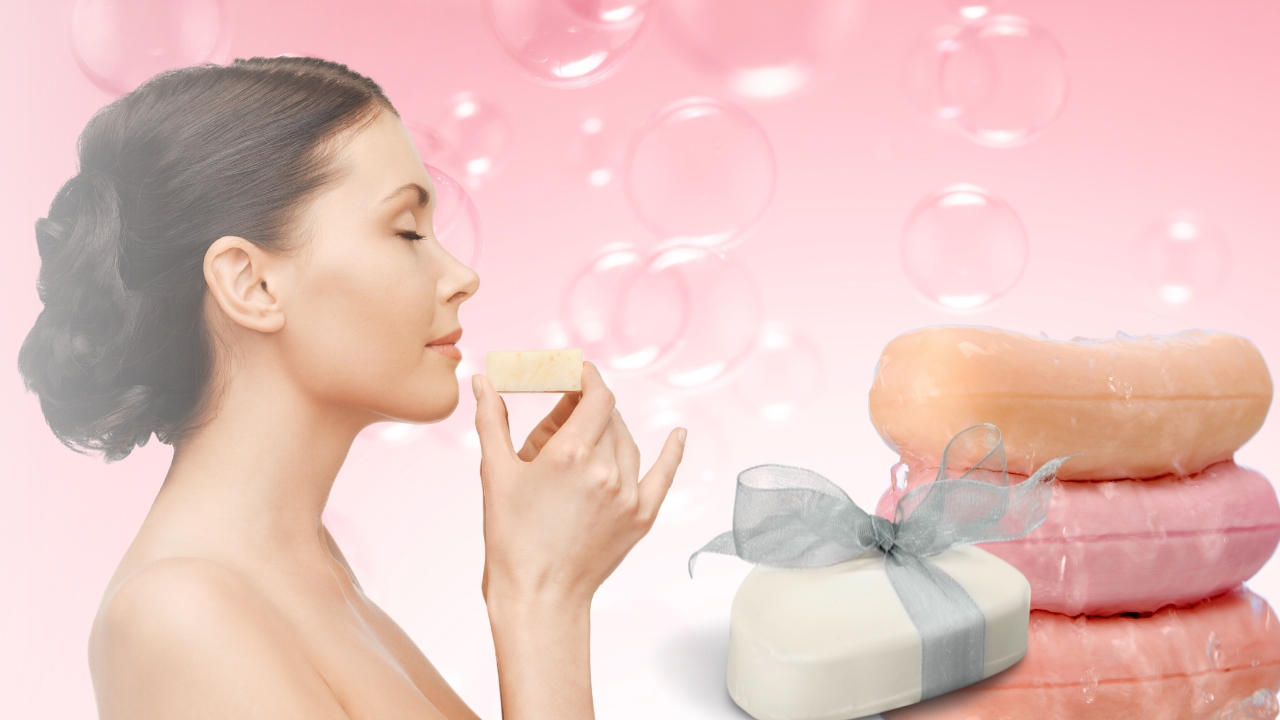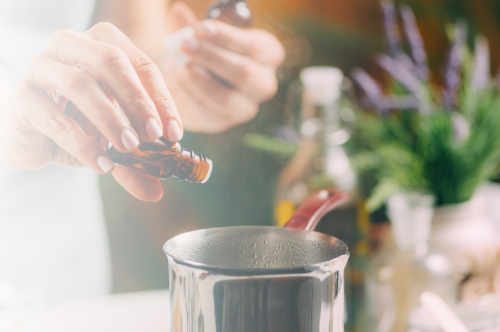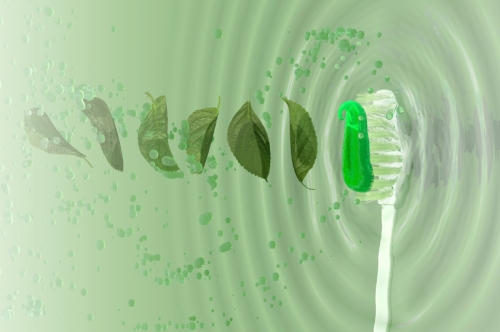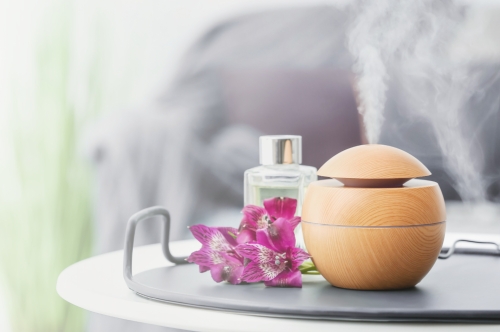Raw Materials for Soap Production- Natural & Synthetic

Raw Materials used in soap production
The raw materials used in soap production can vary depending on the specific type of soap being made, but generally, the following raw materials are used:
- Oils and fats: These are the main raw materials used in soap production. Common oils and fats include palm oil, coconut oil, olive oil, soybean oil, and tallow.
- Alkali: This is a basic substance used to saponify the oils and fats, creating soap. Sodium hydroxide (NaOH) is the most commonly used alkali in soap production.
- Water: Water is used to dissolve the alkali and to create the solution that will be mixed with the oils and fats.
- Fragrances and essential oils: These are added to provide the soap with a pleasant scent, At Norex we have a plenty of authentic fragrances and essential oils both that can be used in soaps
- Colourants: These are added to provide the soap with a desired color.
- Additives: These can include substances such as exfoliants, moisturizers, and vitamins, which are added to provide additional benefits to the skin.
It is important to note that the exact raw materials used in soap production can vary depending on factors such as the intended use of the soap, the desired properties of the soap, and the availability of raw materials in a given location.
The manufacturing process
- Saponification: This is the chemical reaction that occurs when fats and oils are mixed with an alkali, such as sodium hydroxide (NaOH) or potassium hydroxide (KOH), to produce soap. This process breaks down the fats and oils into their component fatty acids and glycerin, which then react with the alkali to form soap molecules.
- Batch preparation: The necessary ingredients for soap making, including the fats, oils, and alkalis, are measured and combined in a large vessel called a batch kettle.
- Heating: The batch kettle is heated to a specific temperature, which varies depending on the type of soap being made. The heat helps to accelerate the saponification process.
- Mixing: The mixture is stirred continuously to ensure that all of the ingredients are evenly distributed and that the saponification process proceeds smoothly.
- Testing: Samples of the soap mixture are taken periodically to check the progress of the saponification process.
- Neutralization: Once the saponification process is complete, the mixture is neutralized with an acid, such as citric acid, to remove any excess alkali and adjust the pH of the soap.
- Additives: Fragrances, colors, and other additives can be added to the soap mixture to enhance its appearance, texture, and scent.
- Moulding: The soap mixture is poured into moulds, which can be made of various materials, such as silicone or plastic.
- Cooling and curing: The soap is allowed to cool and harden in the moulds for several hours, and then it is removed from the moulds and cut into bars. The bars are then left to cure for several weeks to allow excess moisture to evaporate and the soap to become harder and milder.
- Packaging: The cured soap bars are wrapped in paper or plastic and packaged for distribution and sale.
Difference between Natural and Synthetic soaps
Natural soaps are made from natural ingredients such as plant oils, essential oils, and natural additives like herbs and clays. These soaps are usually handmade and have a mild and gentle effect on the skin. They do not contain synthetic fragrances, dyes, or preservatives, making them an ideal option for people with sensitive skin.
On the other hand, synthetic soaps are made from synthetic ingredients such as petroleum-based chemicals, fragrances, and preservatives. They are mass-produced and often contain artificial fragrances and dyes that can irritate the skin. These soaps can strip the skin of its natural oils and cause dryness and irritation.
Overall, natural soaps are a healthier and more environmentally friendly option, while synthetic soaps are often cheaper and more widely available. When choosing a soap, it's important to consider your skin type and any sensitivities or allergies you may have to certain ingredients.
Essential oils used in soaps
Essential oils are commonly used in soaps for their fragrant and therapeutic properties. Here are some of the most commonly used essential oils in soap-making:
- Lavender oil: Known for its soothing and calming properties, lavender oil is a popular choice for soap-making.
- Peppermint oil: Peppermint oil has a refreshing and invigorating scent, and can help to soothe sore muscles and ease tension.
- Tea tree oil: Tea tree oil is known for its antibacterial and antifungal properties, and is often used in soaps intended for acne-prone or oily skin.
- Eucalyptus oil: Eucalyptus oil has a fresh and invigorating scent, and can help to ease congestion and soothe sore muscles.
- Lemon oil: Lemon oil has a bright and uplifting scent, and is often used in soaps intended for oily or acne-prone skin.
- Rosemary oil: Rosemary oil has a refreshing and herbaceous scent, and can help to stimulate circulation and promote mental clarity.
It's important to note that essential oils should be used in small amounts in soap-making, as they can be very potent and may cause skin irritation or allergic reactions if used in large quantities. It's always a good idea to do a patch test before using a new soap that contains essential oils.
Norex provides a wide range of fragrances and essential oils that are perfect for soap-making. Whether you prefer fruity, floral, or earthy scents, Norex has something for everyone. Not only do these fragrances and oils smell great, but they also offer a variety of benefits for your skin.
For example, lavender essential oil is known for its calming properties, making it the perfect addition to a relaxing shower or bath. Peppermint essential oil can help to energize and invigorate the skin, while eucalyptus essential oil can provide a refreshing and cooling sensation.
In addition to essential oils, Norex also offers a range of fragrance oils that are perfect for soap-making. These fragrance oils are made with high-quality ingredients and can add a long-lasting scent to your soap that will keep you smelling fresh all day long.
What is citronella- Check it out now!
Frequently Asked Questions
1. What are the main three ingredients to make soap?
The main three ingredients to make soap are oils or fats, lye, and water.
2. What is the chemical formula for soap?
The chemical formula for soap is typically written as follows: RCOO^- Na+ or RCOO^-K+, where R represents the hydrocarbon chain in the fatty acid. This formula shows the soap molecule's structure as a salt of a fatty acid, which is formed through the reaction of the fatty acid with an alkali such as sodium hydroxide or potassium hydroxide.
3. Are these ingredients in soap safe for babies?
It depends on the specific soap and its ingredients. Some soaps may contain harsh chemicals that can irritate a baby's delicate skin. It is best to use a mild soap that is specifically formulated for babies. Always check the label and ingredients list, and consult with a pediatrician if you have any concerns.
Related Blogs- Pharmaceutical Raw Materials











